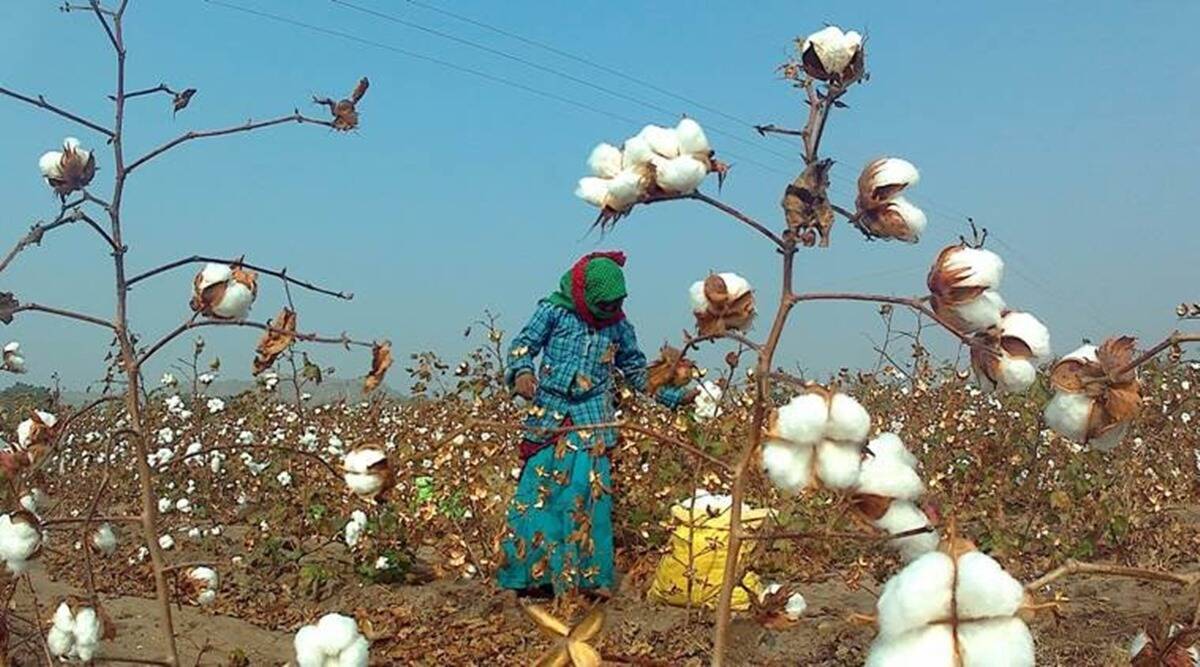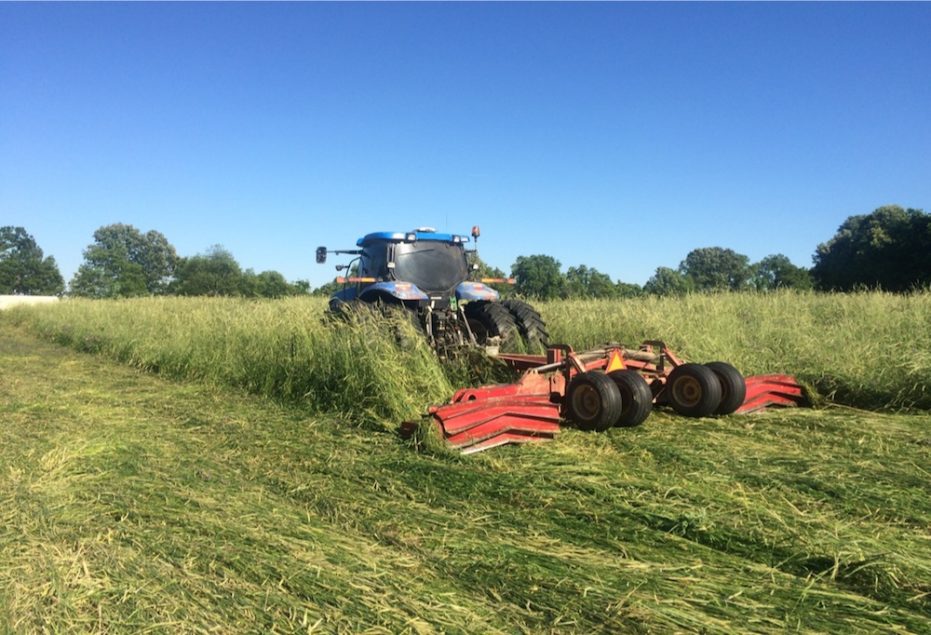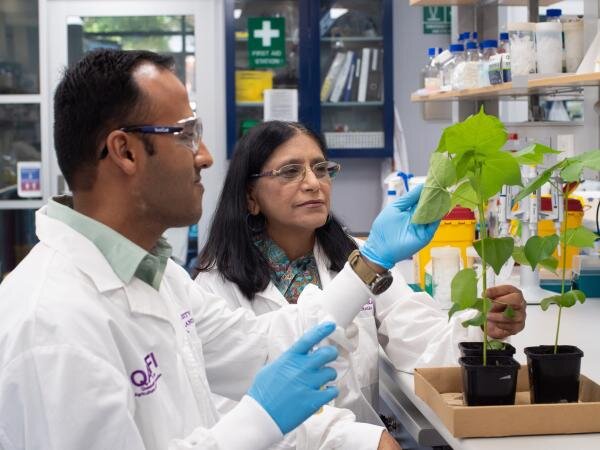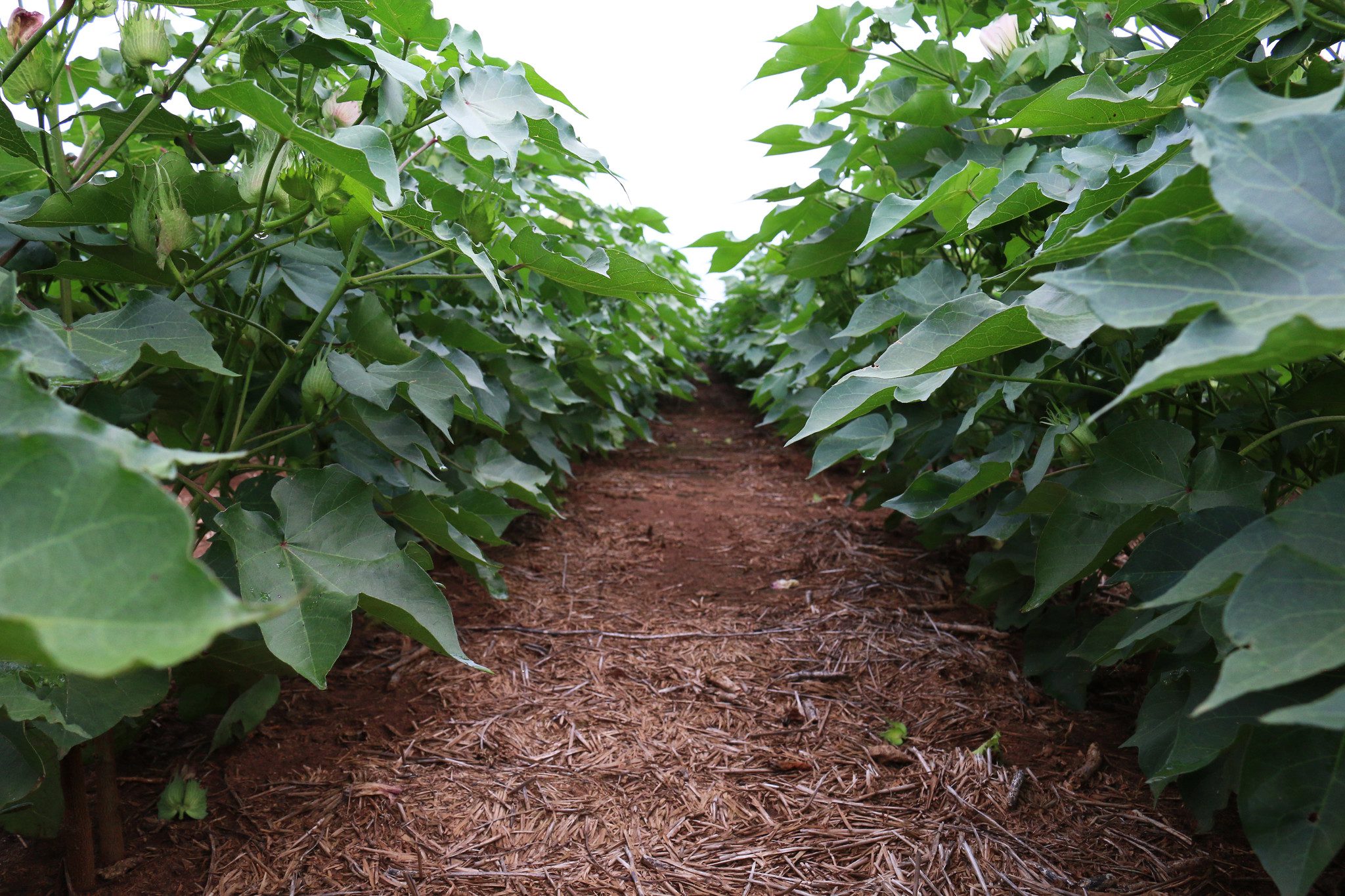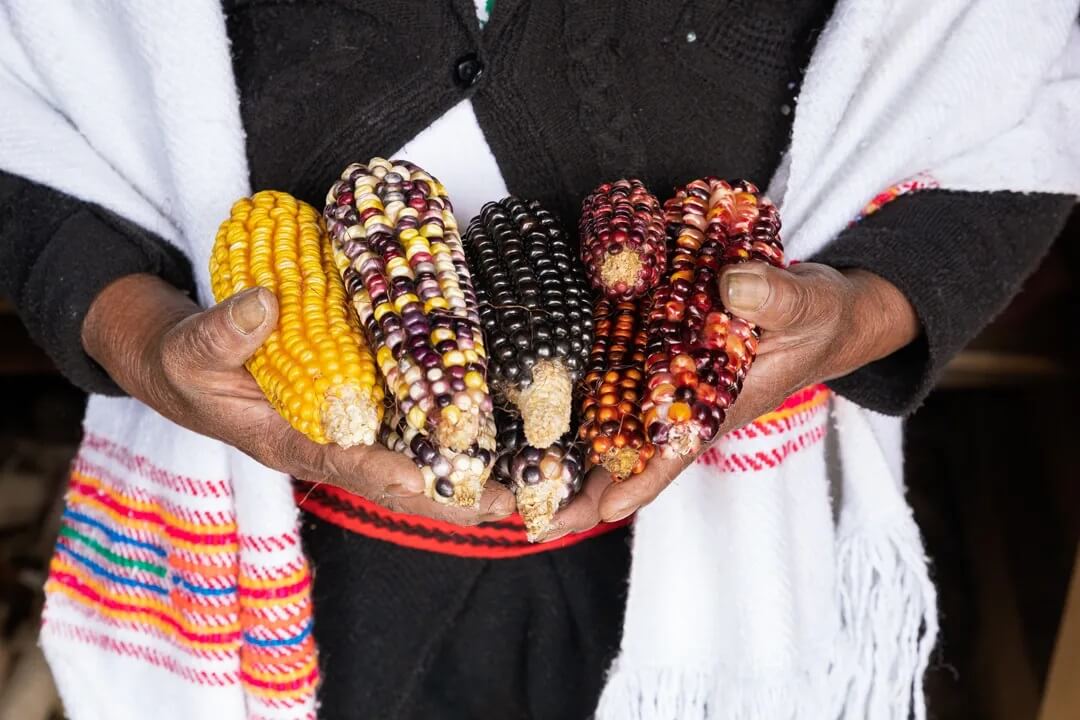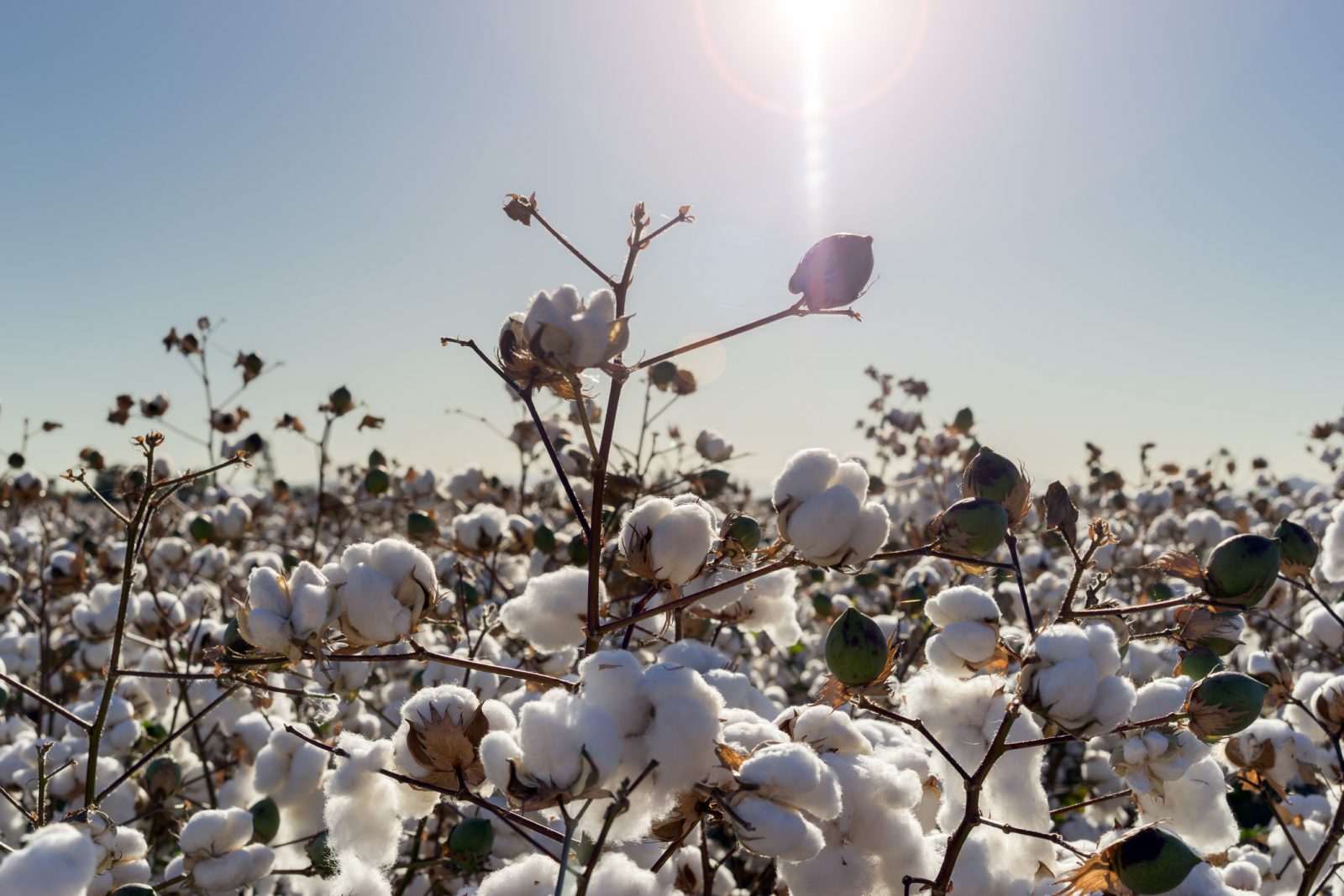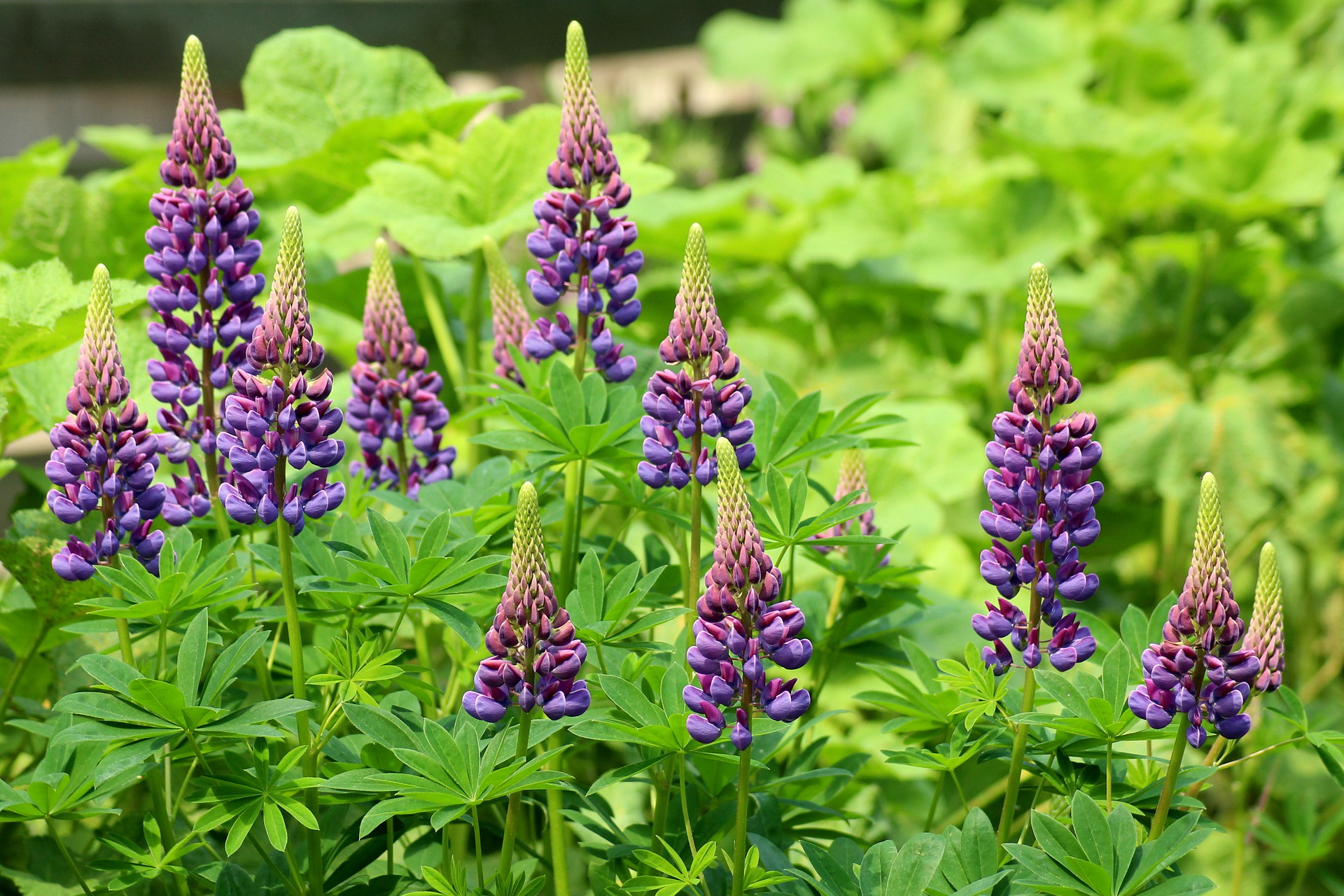08/01/2022 SOURCE: indianexpress.com
According to the Union Agriculture Ministry’s latest compiled data as of July 29, farmers have so far sown 106.18 lakh hectares (lh) area under pulses in the current kharif cropping season from June 1. This is above last year’s corresponding area coverage of 103.23 lh.
Rains, falling prices prompt farmers to shift from pulses to soyabean, cotton
-
(0)
-
Bookmark
- Comments. (0)
 Nancy Kavazanjian
Nancy Kavazanjian
Topics: Soil Health, Cotton, Agriculture US, Cover Crops, Sustainability,
Swapping ‘Jugs’ for Cover Crops Leads to Greener No-Till Future
When Matt Griggs decided to embark on no-till practices more than a decade ago he was already dealing with a degraded soil resource. More than 100 years of conventional tillage and a monoculture of cotton on his family’s rolling farm ground had caused erosion and stripped soils of organic matter.
-
(0)
-
Bookmark
- Comments (0)
-
(0)
-
Bookmark
- Comments. (0)
 John LaRose Jr.
John LaRose Jr.
Topics: Cotton, Pest Control, Insects, Ag Australia/NZ,
Environmentally friendly insecticide selectively affects cotton pests - Industry-update.com
Australian scientists Ritesh Jane (left) and Professor Nina Mitter say tests using BioClayTM on cotton plants are harmless to other insects, including bee sting (Tetragonula hockingsi) and aphids (Myzus persicae). Credit: University of Queensland Scientists from the University of Queensland have created an environmentally friendly spray that targets and destroys one of the most harmful …
-
(1)
-
Bookmark
- Comments (0)
-
(0)
-
Bookmark
- Comments (0)
07/08/2022 SOURCE: today.tamu.edu
Possible solutions could lie at the intersection of breeding and genetic modification.
Cotton Breeders Are Using Genetic Insights To Make This Global Crop More Sustainable
-
(0)
-
Bookmark
- Comments. (0)
07/08/2022 SOURCE: www.aces.edu
There is nothing more sustainable or more down to earth than growing cotton in Alabama, according to Extension Cotton Agronomist Steve Brown.
Cotton: A Sustainable Choice in Alabama's Climate - Alabama Cooperative Extension System
-
(0)
-
Bookmark
- Comments. (0)
07/06/2022 SOURCE: geneticliteracyproject.org
“The request for access to biotechnology has no turning back. The small producer got tired of 'fighting' with drought, frost, floods and crop pests. We
Bolivia maintains ban on GMO crops — but it’s estimated that 40% to 100% of corn, soybeans and cotton are grown from illegal genetically modified seeds
-
(0)
-
Bookmark
- Comments. (0)
07/06/2022 SOURCE: seedworld.com
The two-year investigation revealed that GMHT cotton did not exhibit any harmful effects on the arthropod community.
Study Shows Herbicide Tolerant Cotton Has No Adverse Environmental Impacts
-
(0)
-
Bookmark
- Comments. (0)
07/05/2022 SOURCE: seedworld.com
Researchers investigated lupin as a winter cover crop and how it impacts high-biomass sorghum and cotton yields
Is Lupin a Potential Cover Crop for Sorghum and Cotton?
-
(0)
-
Bookmark
- Comments. (0)


